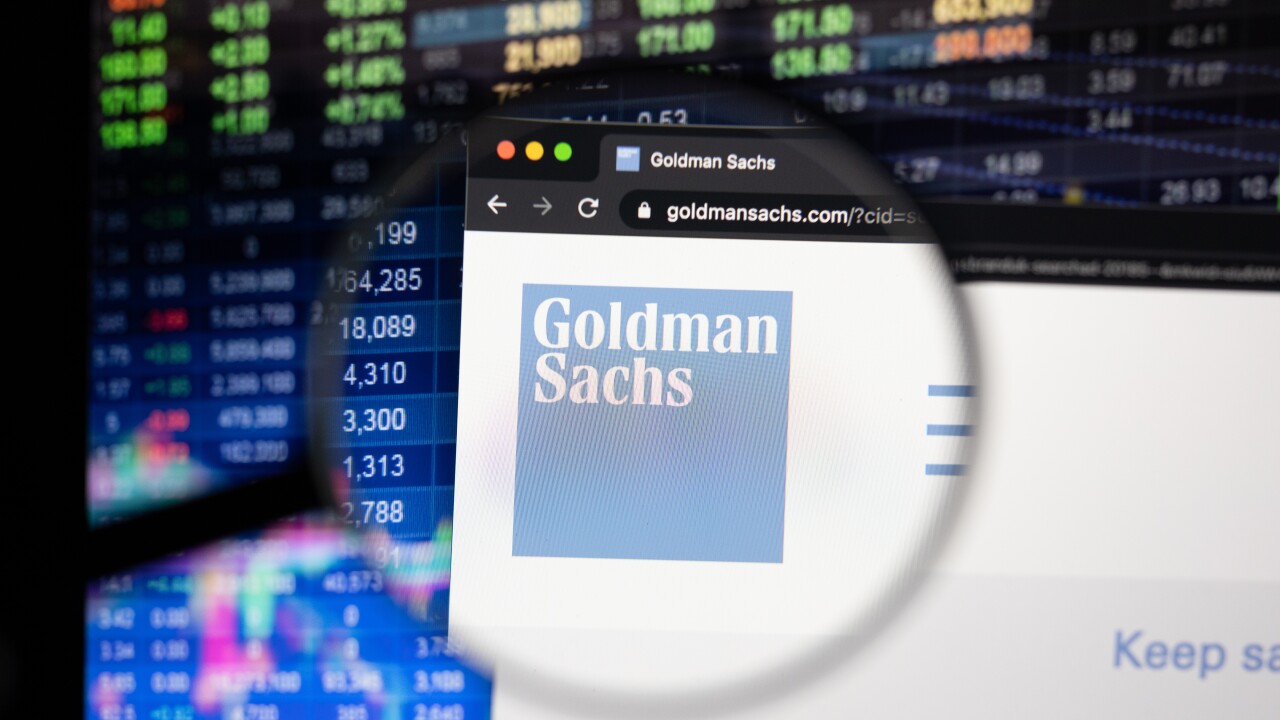Receiving Wide Coverage ...
Fee bonanza
American banks “stand to
Banks are likely to be swamped with applications for the loans when they begin taking applications on Friday, the Washington Post says. But “many bankers say they
"While
Dividends, buybacks halted
Following the lead of the European Central Bank, the European Banking Authority, the euro zone’s banking regulator, “demanded that all EU lenders stop their planned dividend payments and share buybacks,” the Financial Times reports. After earlier counselling banks to be “prudent” in paying dividends, on Tuesday the EBA said it “urges all banks to
“In addition, the EBA told national regulators to make banks review their remuneration policies — including bonus payments — to ensure they are ‘reflecting the current economic situation’ as well as the banks’ own finances,” the paper says.
Following suit, the U.K.’s six largest banks “
The Prudential Regulation Authority also said it “expects” the banks and Nationwide, the building society, to refrain from paying any cash bonuses to senior staff and signaled they should stop setting money aside for variable pay during the ‘coming months.’”
“A group of the largest U.S. banks, including Bank of America and Citigroup, said they would suspend share buybacks, but are
Repo facility
The Federal Reserve plans to launch “a temporary lending facility that will allow foreign central banks with accounts at the Fed to convert their holdings of Treasury securities into dollars, its latest bid to alleviate strains in global markets,” the Journal reports. “The program will allow foreign central banks and other international monetary authorities who maintain accounts at the New York Fed to enter a lending arrangement called a repurchase agreement in which borrowers temporarily exchange their Treasury securities for U.S. dollars.” The repo facility is expected to be available starting April 6 for at least six months.
“This facility should help support the smooth functioning of the U.S. Treasury market by providing
“In recent weeks the greenback’s value has risen sharply as investors have flocked to safe assets, and companies have scrambled to offset the blow to revenues from economic shutdowns,” the FT explains. “This has resulted in
The move “makes the Fed’s unstated role as
Wall Street Journal
Mortgage mayhem
The Federal Reserve rescued the government-backed mortgage market, “but the market for loans in which the government doesn’t shoulder the risk is

Financial Times
Hedge protection
Big Wall Street banks “have quietly joined” with the Mortgage Bankers Association “in calling for regulatory action to prevent the Federal Reserve’s emergency purchases of mortgage-backed securities from unintentionally upending the hedging strategies of mortgage originators.” On Sunday the MBA asked the Securities and Exchange Commission “to discourage securities firms from making margin calls on mortgage lenders for hedges they bought to protect themselves from a fall in the value of their loans." In its appeal to the SEC, the MBA warned mass enforcement of those margin calls could have
What to watch for
U.S. bank stocks plunged 25% in March, more than twice the drop in the S&P 500. The paper looks at “five big things we know about how banks are being impacted, and
Opportunity knocks
The coronavirus gives banks the opportunity to rehabilitate their image that has been tarnished ever since the global financial crisis, the paper says. “Rather than being admonished for their role in causing the 2008 crisis, they are being
“The difference with 2008 is that we were seen as the problem then, everybody today knows the problem is the virus,” Société Générale CEO Frédéric Oudéa says. “We are one of the activities that has to function . . . we are the doctors of the economy.”
New York Times
Diversity training
JPMorgan Chase acting co-CEOs Gordon Smith and Daniel Pinto “said the bank was making diversity training mandatory for all employees and would
Quotable
“It makes sense in a time like this to shut off your dividends and





